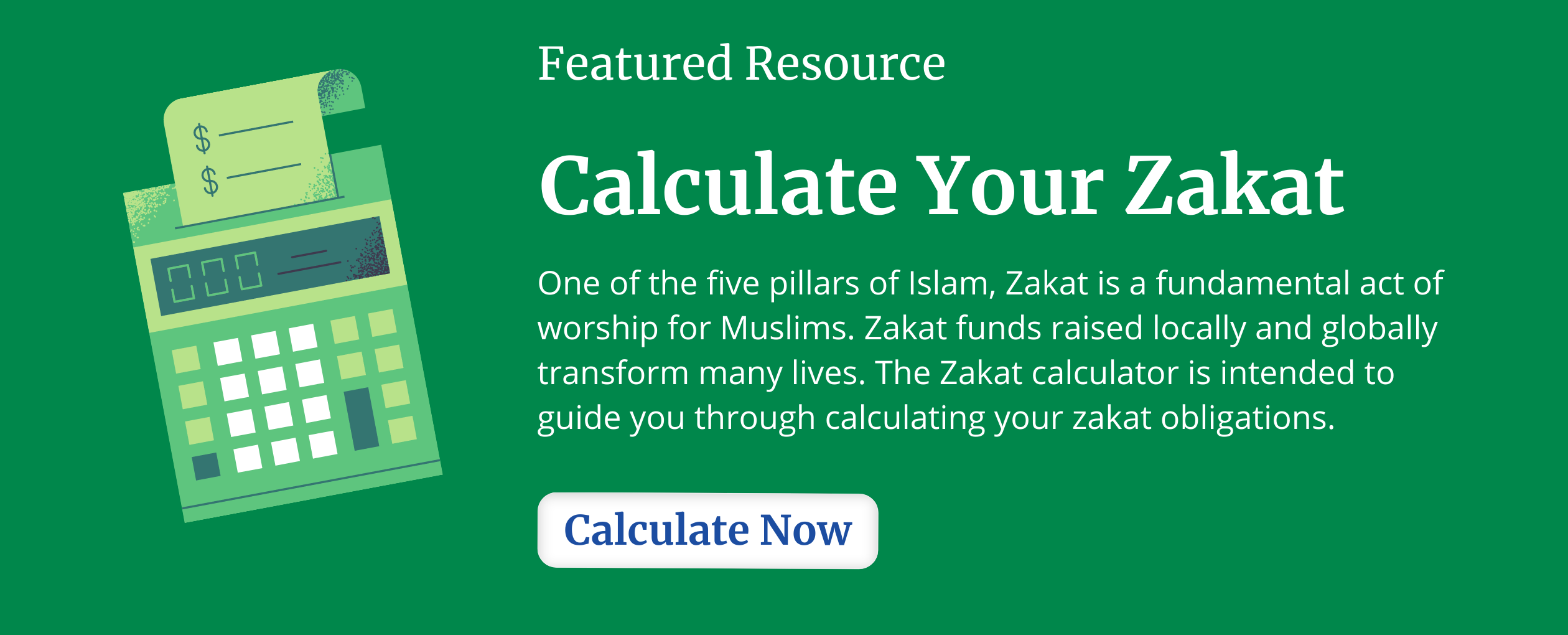How to calculate Zakat on 401(K)?

Zakat is one of the five pillars of Islam. Paying Zakat is a must if you are Sahib-un-nisaab. If you are contributing to a 401(k) account, and have accumulated the Nisaab, here is what you need to know about Zakat on 401(k) accounts.
Different scholars have different views on how Zakat is calculated on pension funds. There are two popular opinions of scholars on whether the Zakat is payable on a 401(k) account or not:
☪️ Common Opinion: No Zakat Unless You Have Penalty Free Access:
The first common opinion is that the Zakat is only payable if the funds are in your possession and you can dip into them without having to pay penalties or additional taxes. Zakat is not due on the amount until the person has absolute and undivided access to the funds.

☪️ Fatwa by Fiqh Council: Zakat on Cashable 401(k)
This opinion is given by the Fiqh Council of North America, the oldest body of Islamic scholars in the region. After years of research and debates, the council recently gave a Fatwa that Zakat is owed on cashable 401(k) accounts (after subtracting the penalties and taxes for early withdrawals).
A person can withdraw the amount after paying penalties and taxes at all times. Which means that the person has absolute and undivided access to a portion of the amount in the 401(k). Zakat is to be paid on the designated portion that they can control.
These opinions will be discussed in detail later in this article.
What are 401(k) Accounts?
The 401(k) account is a tax-deferred retirement account. Both the employer and the employee make contributions to this account. The funds accumulated in the 401(k) account grow tax-free. Meaning that you don’t have to pay taxes on contributions or the accumulated amount, as long as the funds are in the 401(k) account. However, if you withdraw funds before retiring, you’ll have to pay taxes and early withdrawal penalties.
What is Nisaab?
Nisaab is the threshold for Zakat. If your total wealth is equal to or exceeds the Nisaab, then your wealth is Zakatable. The Nisaab is equivalent to 87.48 grams of gold and 612.36 grams of silver. A Muslim who has cash, jewelry, inventory or other assets equal to or more than the Nisaab in their possession for one lunar year, has to pay Zakat which is 2.5% of their wealth.
How to know if your 401(k) is due?
Before we move on to how to calculate Zakat and when to pay Zakat on your 401(k), it is important to understand who is required to pay Zakat on 401(k) accounts.
Zakat is obligatory for every Muslim, who is:
- Sane
- Baaligh (has reached puberty)
- Sahib-un-Nisaab (his wealth is equal to or exceeds the Nisaab and the person has complete ownership of their wealth)
If your 401(k)-pension account has funds that meet or exceed the Nisaab, your Zakat will be due after one year from the date when it reached Nisaab.

When to pay Zakat on 401K?
☪️ Common Opinion: No Zakat Unless You Have Penalty Free Access
If there are no penalties or taxes on early withdrawals, then the person has to pay Zakat yearly, according to the common opinion.
However, if penalties or taxes are charged on early withdrawals, the individual does not owe Zakat until they have penalty-free access to their funds. In this case, you have to pay Zakat when you reach the age of 55 and the funds become accessible because you left your employer or took retirement. Or at the age of 59.5 when you retire and have complete access to the funds.
For instance, Ali has penalty-free access to his 401(k) funds and Ahmed has retired (has absolute access to the amount). Both owe and pay Zakat every year.
Also, there is Kamal, who would have to pay penalties and taxes upon early withdrawal. According to the first group of scholars, he does not have to pay Zakat until he gains the undivided and absolute access to the funds at retirement.
☪️ Fatwa by Fiqh Council: Zakat on Cashable 401(k)
According to the Fatwa given by the Fiqh Council of North America, when the amount in your 401(k) reaches Nisaab and the Nisaab has been in your possession for one year, you have to pay Zakat on the restricted amount. This is because you can withdraw a portion of the total amount in your 401(k) after paying penalties and taxes. You have absolute and undivided control on this portion of your wealth in 401(k).
The Zakat will be owed when the amount you can withdraw after penalties and interest meets or exceeds the Nisaab and one lunar year has passed. Similarly, the Zakat will be calculated on the amount that remains after deducting the penalties and taxes.
For instance, Ayesha has $100,000 in her 401(k). If she chooses to withdraw the entire amount, after paying taxes and penalties, she would receive $70,000. Ayesha has undivided and absolute access to $70,000 so she pays Zakat on $70,000.
How to Calculate Zakat?
☪️ Common Opinion: No Zakat Unless You Have Penalty Free Access
For the first group, the Zakat will be calculated yearly on the entire amount remaining in the account (if it meets Nisaab threshold).
For instance, Ali has penalty-free access to $34,000 in his 401(k).
His Zakat will be $850 = $34,000 x 2.5%
☪️ Fatwa by Fiqh Council: Zakat on Cashable 401(k)
Ayesha hasn’t reached the age of retirement yet and has $100,000 in her 401(k). If she were to withdraw the entire amount from her 401(k), she would receive $70,000 after paying penalties and taxes.
Her Zakat will be $1,750 = $70,000 x 2.5%
She can choose to pay Zakat without dipping into her retirement account. But if she cannot pay it on her own, she must make an early withdrawal to pay Zakat.





